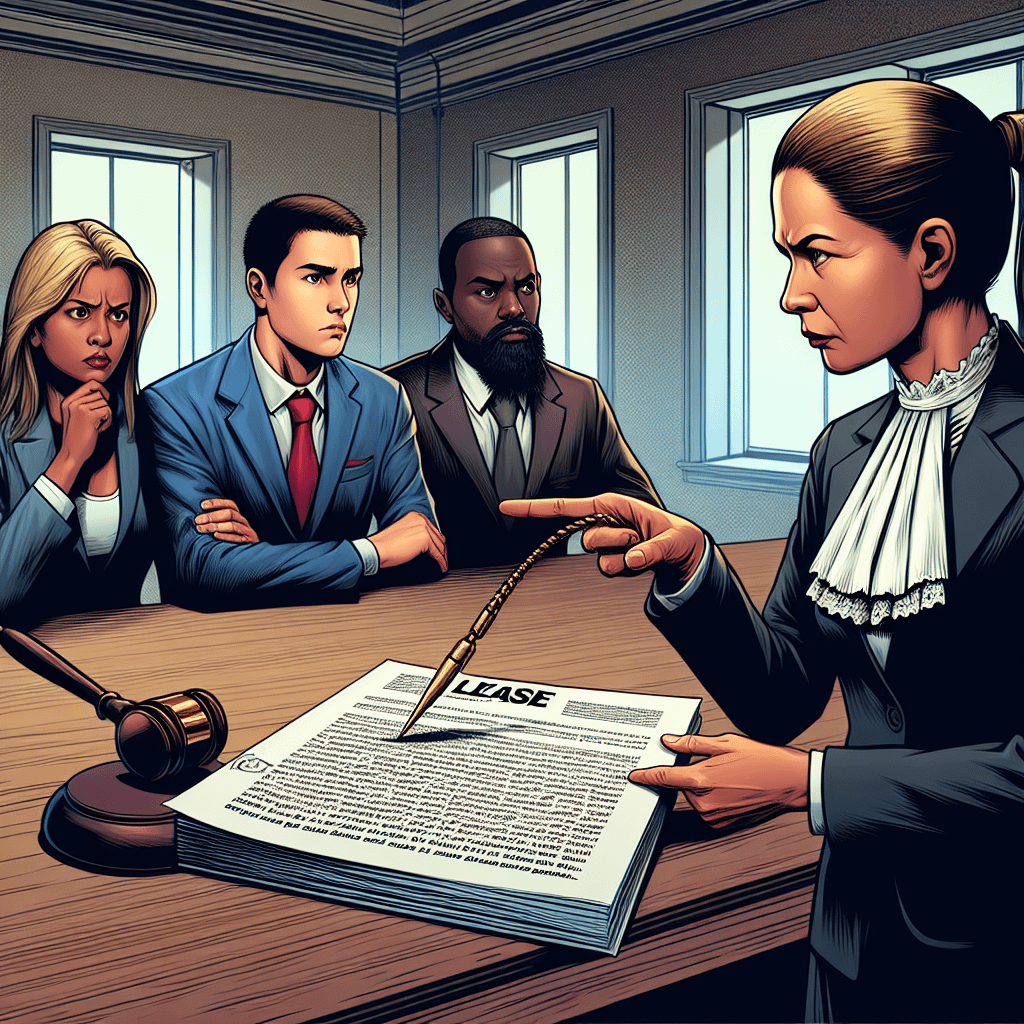Breaking a lease agreement can be a daunting prospect, but sometimes circumstances leave you with little choice. Whether it’s a job relocation, unexpected financial difficulties, or a personal decision to move in with a partner, understanding the legal implications can help you navigate the process more smoothly.
Understanding Lease Agreements
A lease agreement is a binding legal contract between a tenant and a landlord that outlines the terms of rental occupancy. It typically specifies the duration of the lease, the rent amount, and other obligations such as maintenance responsibilities and pet policies. Breaking this agreement means you are choosing to end the contract earlier than the specified period.
Legal Consequences of Breaking a Lease
1. Financial Penalties:
Most leases include a provision for early termination fees. This might be a flat fee or a requirement to pay rent until a new tenant is found. For instance, suppose your lease specifies a two-month penalty for early termination; if your monthly rent is $1,500, you might owe $3,000.
2. Forfeiture of Security Deposit:
In some cases, a landlord may retain your security deposit to cover potential financial losses if you break the lease without a mutual agreement or sufficient notice.
3. Credit Impact:
Breaking a lease can also impact your credit score if the landlord reports the breach to credit bureaus. This might complicate future endeavors like applying for loans or renting new apartments.
4. Potential Lawsuits:
While rare, especially for individual renters, a landlord might choose to pursue legal action if they cannot recover losses incurred from your early departure. This can result in a court judgment requiring payment for the remainder of the lease.
Legitimate Reasons for Breaking a Lease
1. Military Service:
Under the Servicemembers Civil Relief Act, active duty military personnel may terminate a lease early if they are deployed or get a permanent change of station.
2. Uninhabitable Conditions:
If your landlord fails to maintain the property, resulting in unsafe living conditions, you may have the right to break your lease without penalty. This might include severe mold issues, lack of heat or hot water, or serious pest infestations.
3. Victims of Domestic Violence:
Some jurisdictions allow victims of domestic violence to terminate their leases without financial penalty. Check the specific regulations in your state to understand this protection better.
4. Lease Agreement Violations by Landlord:
If your landlord breaches significant lease terms, such as failing to provide utilities or entering your unit without notice, you might have grounds to end the lease legally.
Steps to Breaking a Lease
1. Review Your Lease:
Carefully examine your lease agreement for specific early termination clauses or penalties. Understanding these terms is vital before proceeding.
2. Communicate Openly:
Contact your landlord as soon as possible to discuss your situation. They might agree to an amicable solution, like finding a replacement tenant.
3. Provide Written Notice:
Draft a formal notice to break your lease, outlining the reasons and any agreed-upon terms with your landlord. Maintain a copy for your records.
4. Document and Negotiate:
If applicable, gather evidence to support your case for breaking the lease, such as repair requests or photographs of unsafe conditions.
5. Find a Replacement Tenant:
Propose finding a suitable replacement tenant to alleviate financial burdens on your landlord. This gesture can often mitigate potential penalties.
Practical Tips
- Know Your State Laws: Tenant rights and landlord obligations vary widely by jurisdiction. Familiarize yourself with the relevant laws to ensure you’re protected.
- Consider Subletting: If your lease permits, subletting might offer a temporary solution. Ensure you gain written consent from your landlord before doing this.
- Seek Legal Advice: If you’re unsure about the terms of your lease or your rights as a tenant, consult with a legal expert or a tenant-rights organization.
Navigating the uncertainties of breaking a lease can be challenging, but being informed about your rights and obligations empowers you to make the best choices under your circumstances. Remember, the goal is to find a fair resolution that minimizes disruption for both you and your landlord.








